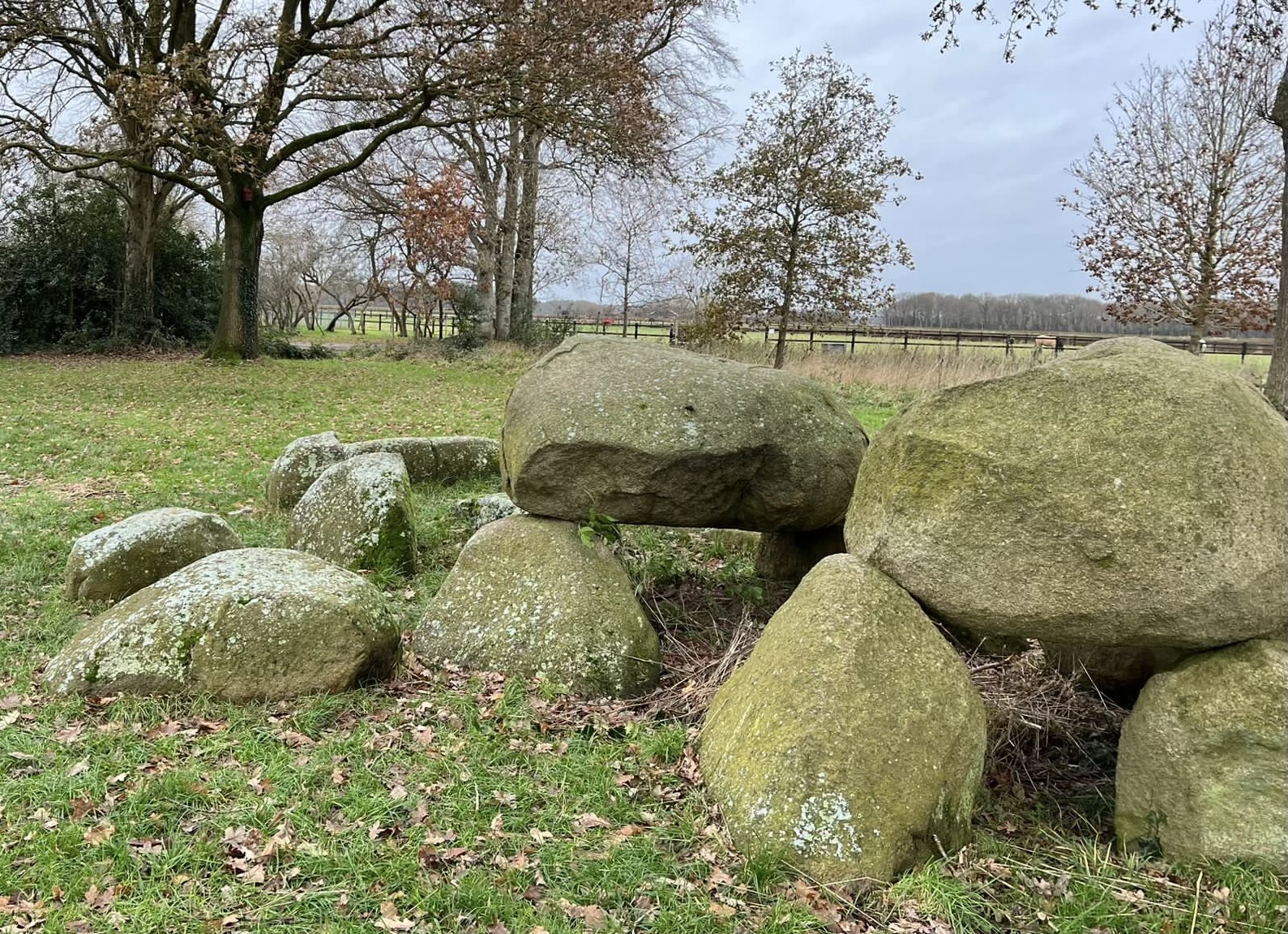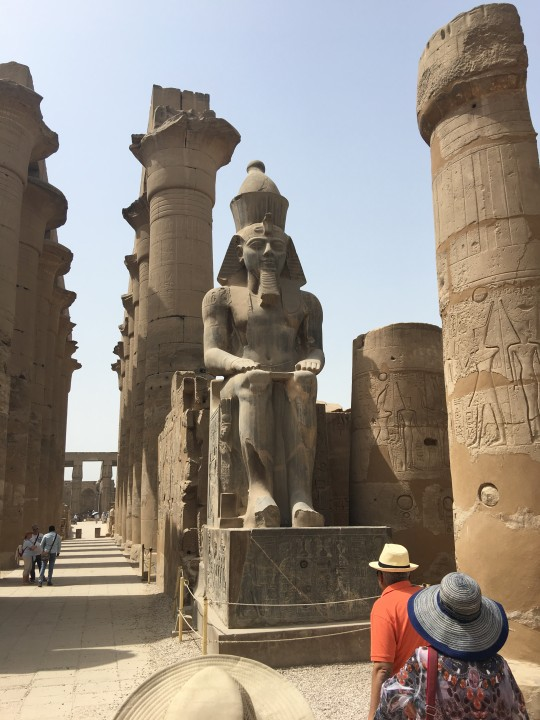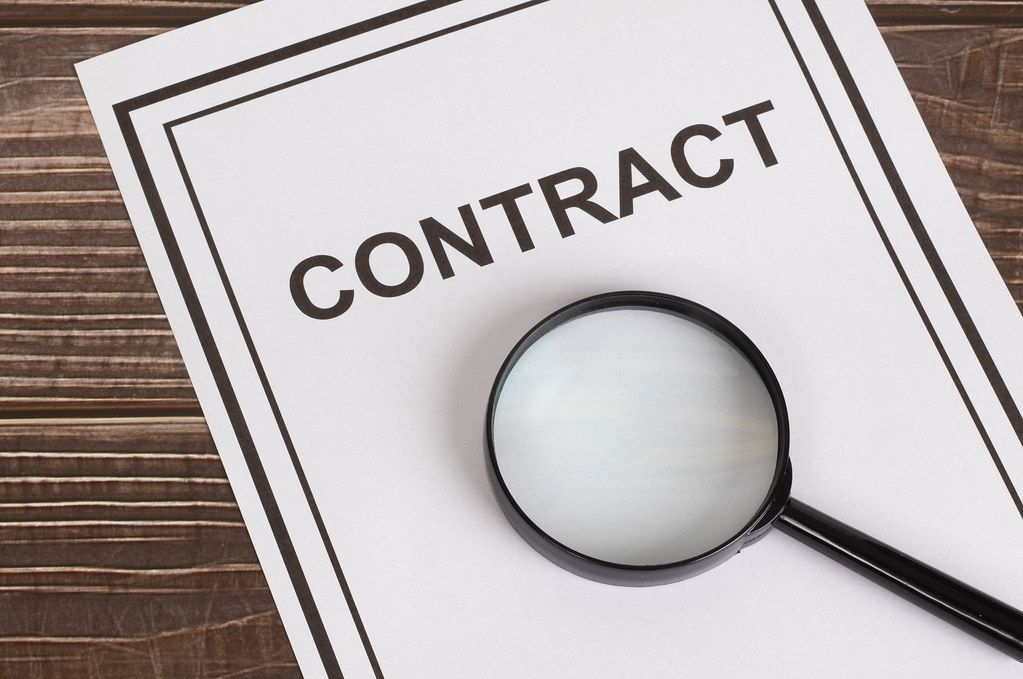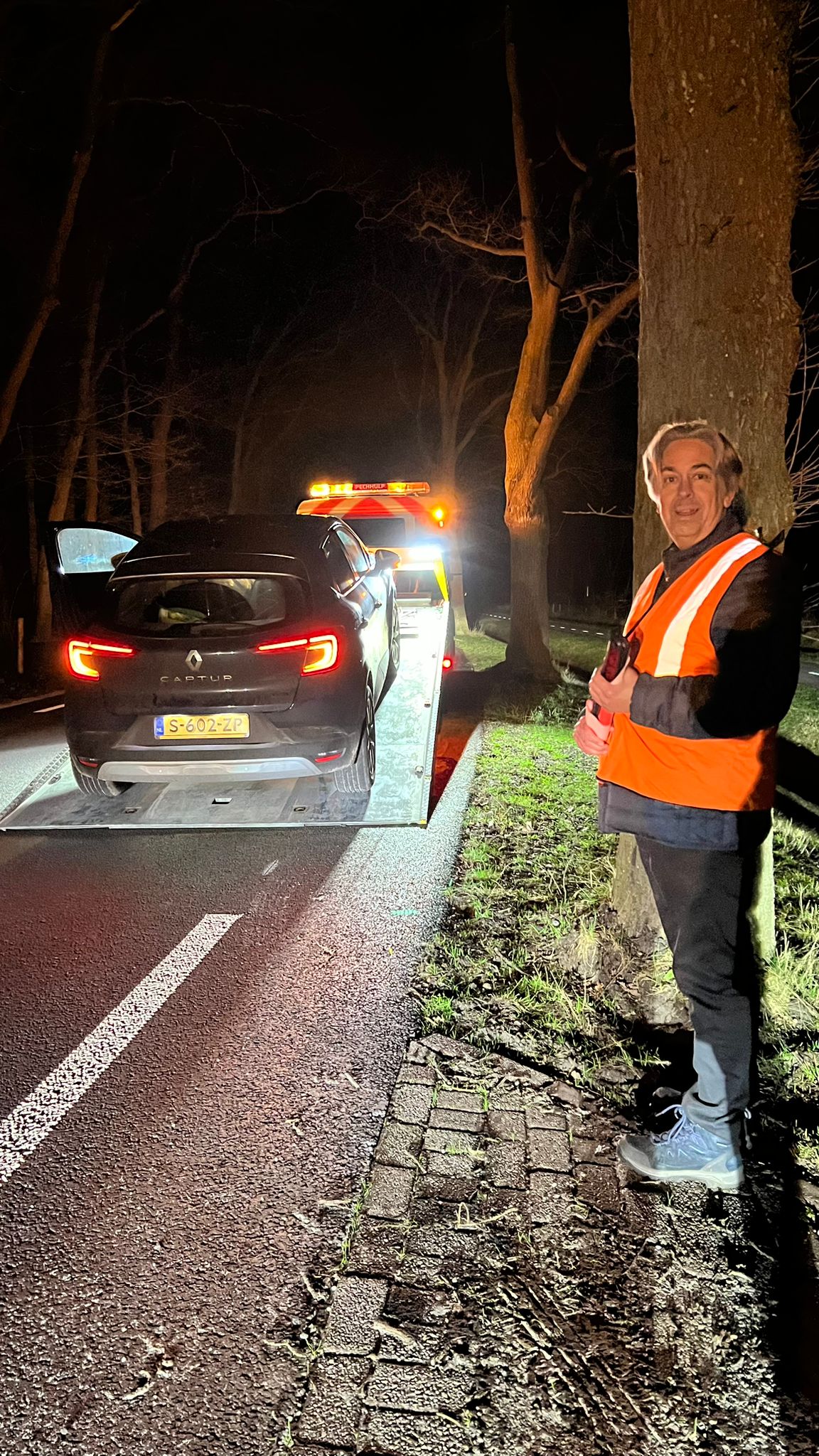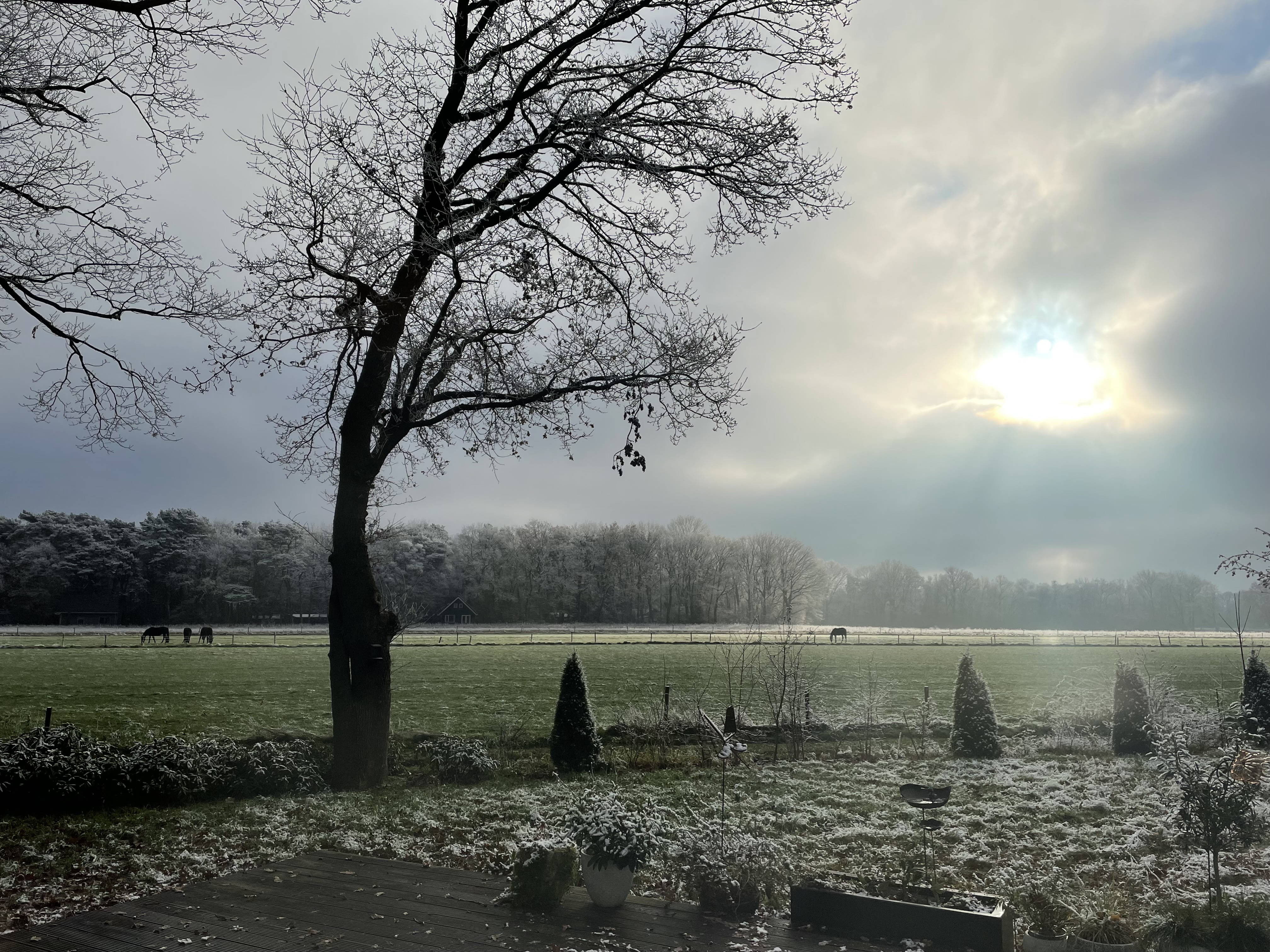
What could possibly be wrong with loyalty?
Loyalty is often touted as a positive emotion, something to be admired and rewarded for. Yet loyalty has been the cause of suffering throughout known history and probably long before as well.
Loyalty pressures the individual into sacrifice and suffering ‘for the greater good’. Loyalty motivates groups into discrimination, exclusionism and violence towards ‘others’. It can even lead entire nations into waging wars and committing acts of mass murder and genocide, driven by the conviction that this is the loyal thing to do.
I have always wondered why loyalty was so often expected of me in contexts I didn’t sign up for. I didn’t choose to be born where I was born. I didn’t choose to belong to the religion of my parents, grandparents, and beyond. I didn’t vote for the crazy leaders ruining the countries I have lived in. Yes, more often than not, I was told I owed some sacred duty of loyalty to my family, tribe, religion, country and leaders, to the point of being expected to commit acts of violence against others and even happily give up my life in service of those nebulous but apparently deeply sacred construct I supposedly belonged to.
It seems to me that loyalty to any particular group is always a dangerous proposition, as it automatically and unavoidably means excluding other human beings from my duty of care. Loyalty to ‘us’ always means turning away from ‘them’; the others that are a threat to us, want the good things we have, and would rob, enslave or kill us is we gave them even half a chance. Any care, empathy or concern I might feel for those others, I am constantly told, means disloyalty to those I should think of as mine. As if my capacity for loving kindness is too limited to be wasted on outsiders.
I have always deeply mistrusted loyalty as a motivator, especially as a motivator for exclusion, distrust, violence and hate. Of course, I feel a special fondness and connectedness towards those who are close to me. Of course, I feel gratitude and even a sense of indebtedness to my ancestors who worked so hard and often suffered in order for me to live the beautiful life I am living. I have no problem with being asked to do something in return; to make positive contributions to my family, tribe and nation. But my loving-kindness, my capacity for helping others, my compassion for any life that is suffering is not limited to my in-group only. I see no reason to exclude any living being from my duty of care or compassion. All life is one, as far as I can see, and therefore has an equal claim to my loyalty and love.
No living being of any kind deserves to be excluded, neglected, humiliated, enslaved or killed just for being not us.

